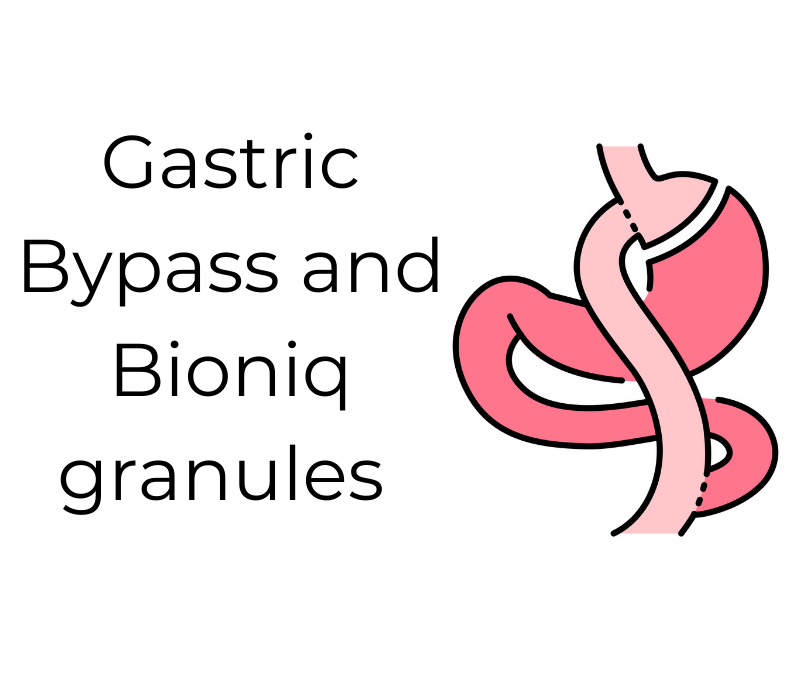Why Heart Health Matters
Heart health is so important that an entire month has been dedicated to it. But why?
The heart is the engine of the body, pumping blood and oxygen to every organ. A healthy heart ensures proper function, while an unhealthy one can lead to complications such as high blood pressure, heart attacks, or strokes. Factors like poor diet, lack of exercise, and stress contribute to heart disease, but making informed dietary choices can significantly reduce risks.
Key Nutrients for Heart Health
- Omega-3 Fatty Acids Omega-3 fatty acids are renowned for their heart-protective properties. Found in fatty fish like salmon, mackerel, and sardines, these healthy fats help reduce inflammation, lower triglycerides, and can improve overall heart function.some text
- Sources: Fatty fish, flaxseeds, walnuts, chia seeds.
- Benefits: Regular intake of omega-3s can lower the risk of arrhythmias and plaque buildup in arteries.
- Fiber Dietary fiber helps lower cholesterol levels and supports healthy digestion. Soluble fiber, in particular, binds to cholesterol and prevents its absorption into the bloodstream.some text
- Sources: Oats, barley, beans, lentils, fruits, and vegetables.
- Benefits: A high-fiber diet can lower LDL (bad cholesterol) and improve heart health.
- Antioxidants Antioxidants like vitamins C and E combat oxidative stress, a major contributor to heart disease. They neutralize free radicals, reducing inflammation and preventing arterial damage.some text
- Sources: Citrus fruits, berries, dark chocolate, spinach, nuts, and seeds.
- Benefits: Enhanced arterial flexibility and reduced risk of atherosclerosis.
- Magnesium Magnesium is essential for maintaining a regular heartbeat and controlling blood pressure. It helps relax blood vessels and prevents the buildup of calcium in arteries.some text
- Sources: Leafy greens, nuts, whole grains, and legumes.
- Benefits: Magnesium can prevent arrhythmias and lower hypertension.
- Potassium Potassium balances sodium levels in the body, which helps regulate blood pressure. A diet rich in potassium can counteract the negative effects of a high-sodium diet.some text
- Sources: Bananas, sweet potatoes, avocados, and spinach.
- Benefits: Improved blood pressure regulation and reduced risk of stroke.
Role of Supplements in Heart Health
While a balanced diet is the best way to obtain these nutrients, supplements can fill nutritional gaps, especially for those with dietary restrictions or specific health concerns. Or simply everyone with a packed schedule that sometimes makes it hard to stick to a healthy and varied diet! Whatever it is, supplementing is an easy and convenient way to support a healthy lifestyle.
Practical Tips for a Heart-Healthy Lifestyle
Here are another few tips on how you can support your heart health. Not only in February, but every month of the year.
- Adopt a Balanced Diet Focus on whole foods, including fruits, vegetables, whole grains, lean proteins, and healthy fats. Limit processed foods, added sugars, and excessive sodium.
- Stay Active Regular physical activity strengthens the heart and improves circulation. Aim for at least 150 minutes of moderate-intensity exercise per week.
- Monitor Your Health Keep track of cholesterol, blood pressure, and blood sugar levels. Regular check-ups can help detect and address issues early.
- Manage Stress Chronic stress can negatively impact heart health. Practices like yoga, meditation, and deep breathing can help.
- Quit Smoking and Limit Alcohol Smoking damages blood vessels, while excessive alcohol consumption can increase blood pressure. Reducing or eliminating these habits is essential for a healthy heart.
Conclusion
American Heart Month serves as a reminder to prioritize heart health through nutrition, exercise, and lifestyle changes. While whole foods should form the foundation of your diet, supplements can play a supporting role in filling nutritional gaps and enhancing cardiovascular health. By incorporating heart-friendly nutrients and maintaining a healthy lifestyle, you can significantly reduce your risk of heart disease and lead a vibrant life. Make this February the month you commit to a healthier heart!
Sources



%20(1).png)